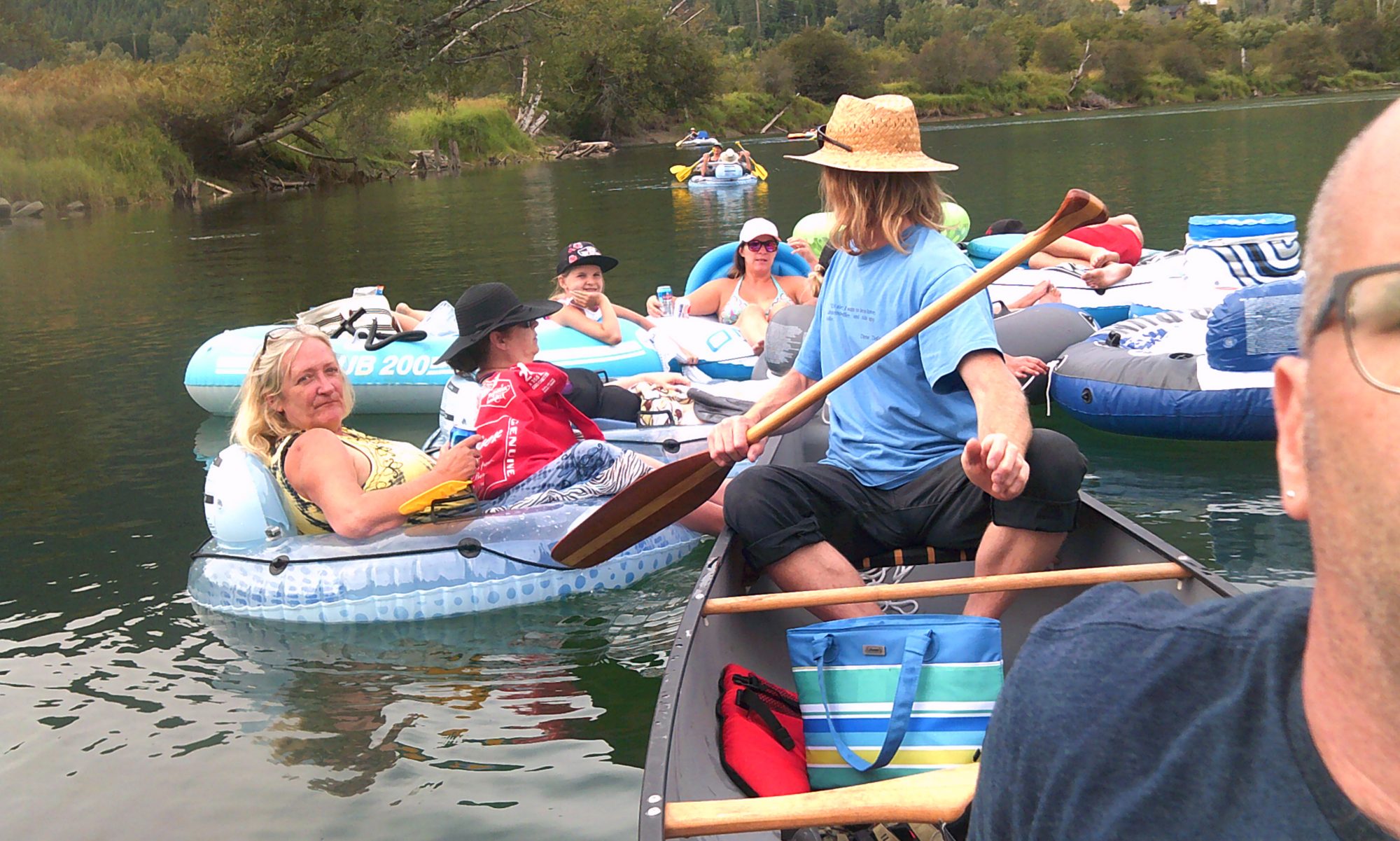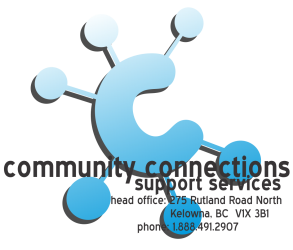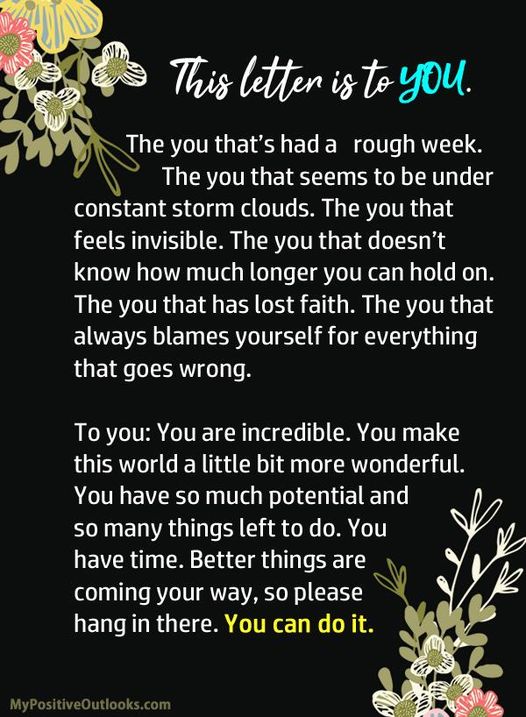Hey everyone, we’re focusing our posts on CAREGIVERS and resources for caregivers this month. We know that one of the challenges faced by many caregivers is…finding sustainable ways to integrate connecting with other caregivers into a busy schedule.
While we’ve posted about the importance of self-care to caregivers, we wanted today’s discussion to be more focused on how connecting with others who have caregiving experience can help fight feelings of isolation and loneliness. With the COVID-19 pandemic changing how we all connect safely with one another, feeling isolated and lonely is more common than in the past. So, since we’ve posted about many ways for caregivers to connect, what’s are we bringing to the table today to try out?
Podcasts! If you haven’t listened to a podcast before, they are like individual radio shows and are usually released in episodes. Podcasts typically target a topic per episode. These podcasts in particular are designed to be relevant to the caregiving experience by those who put them out into the podcast-universe:
- Caregivers Out Loud: A Podcast by Family Caregivers of BC A space to connect, listen and learn with other caregivers.
- The Giving Tree Podcast by Amanda Rocheleau (BSW, MSW, RSW) This podcast is for helping professionals and personal caregivers. … talking openly and honestly about the true hardships of providing care to others while we also talk about sustainable solutions to self-care and personal wellness.
Besides the more obvious benefits of podcasts (running for a set amount of time per episode; covering a breadth of information about a given topic; facilitating discussion with and between people who have relevant experience) they can be a great tool to help caregivers feel that their struggles, challenges, and successes are genuinely seen, acknowledged, and respected. And – we hope! – support caregivers to feel a little less lonely and a little less isolated!
Let us know in the comments if you have a favorite podcast.






